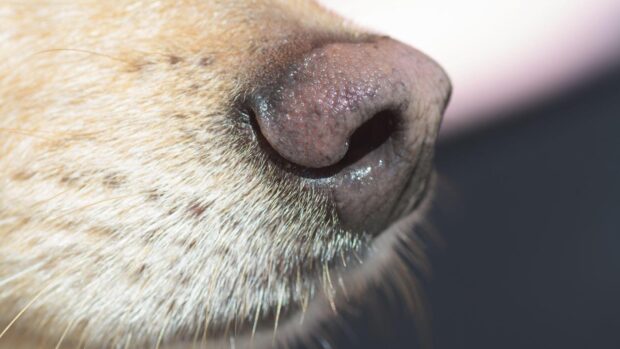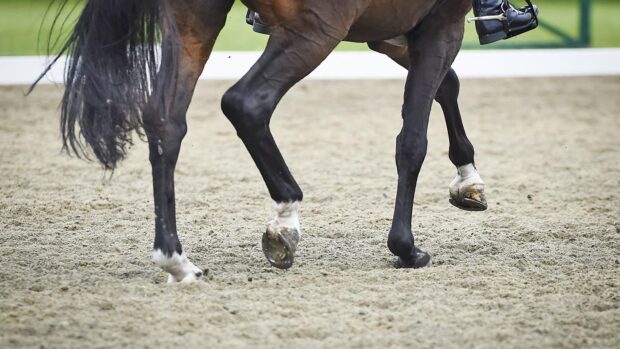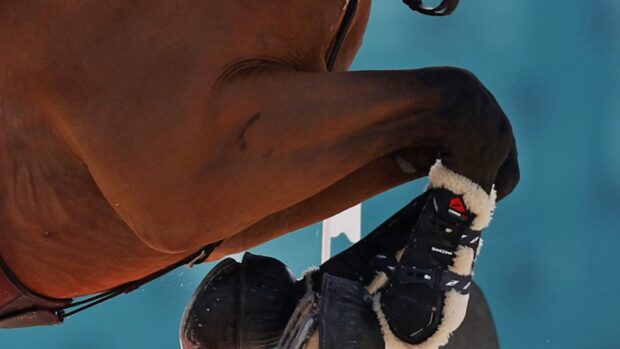The FEI’s new strategy to reduce doping and horse injuries in Middle Eastern endurance has caused its own controversy.
In July, representatives of United Arab Emirates endurance riding faced their main critics, the Swiss Equestrian Federation (SEF), in a “round table” convened by FEI president Princess Haya.
This initiative was the result of concern about high levels of doping, notably from stables owned by Princess Haya’s husband Sheikh Mohammed. Media attention turned to endurance after the racing steroids scandal at Sheikh Mohammed’s Moulton Paddocks in Newmarket in the spring.
But in the past week, the Swiss and Dutch federations have launched a strong attack on the composition of the new committee appointed to clean up the sport. They claim members are insufficiently neutral and too close to FEI hierarchy — with a brief that departs from core welfare issues.
In a statement, the SEF said the “independence of this commission is not guaranteed”.
SEF president Charles Trolliet told H&H: “The purpose seems to be more of a strategy to develop the sport than to solve the problems we described.
“An independent analysis should be the first task and this has then to result in concrete measures.”
The Swiss and Dutch asked the FEI to consider new names before formally announcing the group and to source a chairman from outside equestrianism. But it is understood there has been only one change.
It will be chaired by Andrew Finding, chief executive of the British Equestrian Federation, who presided over the July round table.
Members are Saeed Al Tayer, head of the Meydan group and closely involved with Sheikh Mohammed’s endurance as well as racing interests; Brian Sheehan, a vet and chair of the FEI endurance committee; Joe Mattingly, chair of the US endurance high-performance committee, and French vet Jean-Luis Leclerc.
M Leclerc raised the issue of stress-related fractures in endurance at the FEI open forum in 2012. Controversially, judges and riders are not represented.
In a statement, the Dutch federation said: “We plead, for the second time and with the Swiss federation, for a neutral committee.”
The Dutch also called for riders and trainers to be part of the committee.
“The FEI needs to realise that welfare and image troubles in one equestrian discipline can have very negative consequences for equestrian sport in total,” said the Dutch statement.
To date, more than 20 endurance doping cases have involved horses trained at stables owned by Sheikh Mohammed, ruler of Dubai, and his other family members.
Orman De Cardonne, another horse trained at a Maktoum-owned stable testing positive to steroids, is among eight current endurance doping cases awaiting an FEI disciplinary hearing.
Originally published in H&H 5 September 2013.


